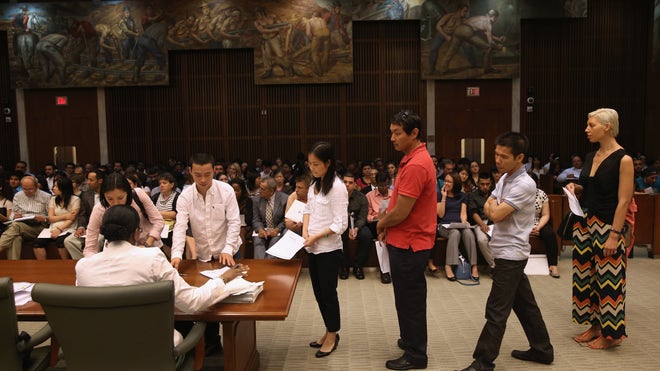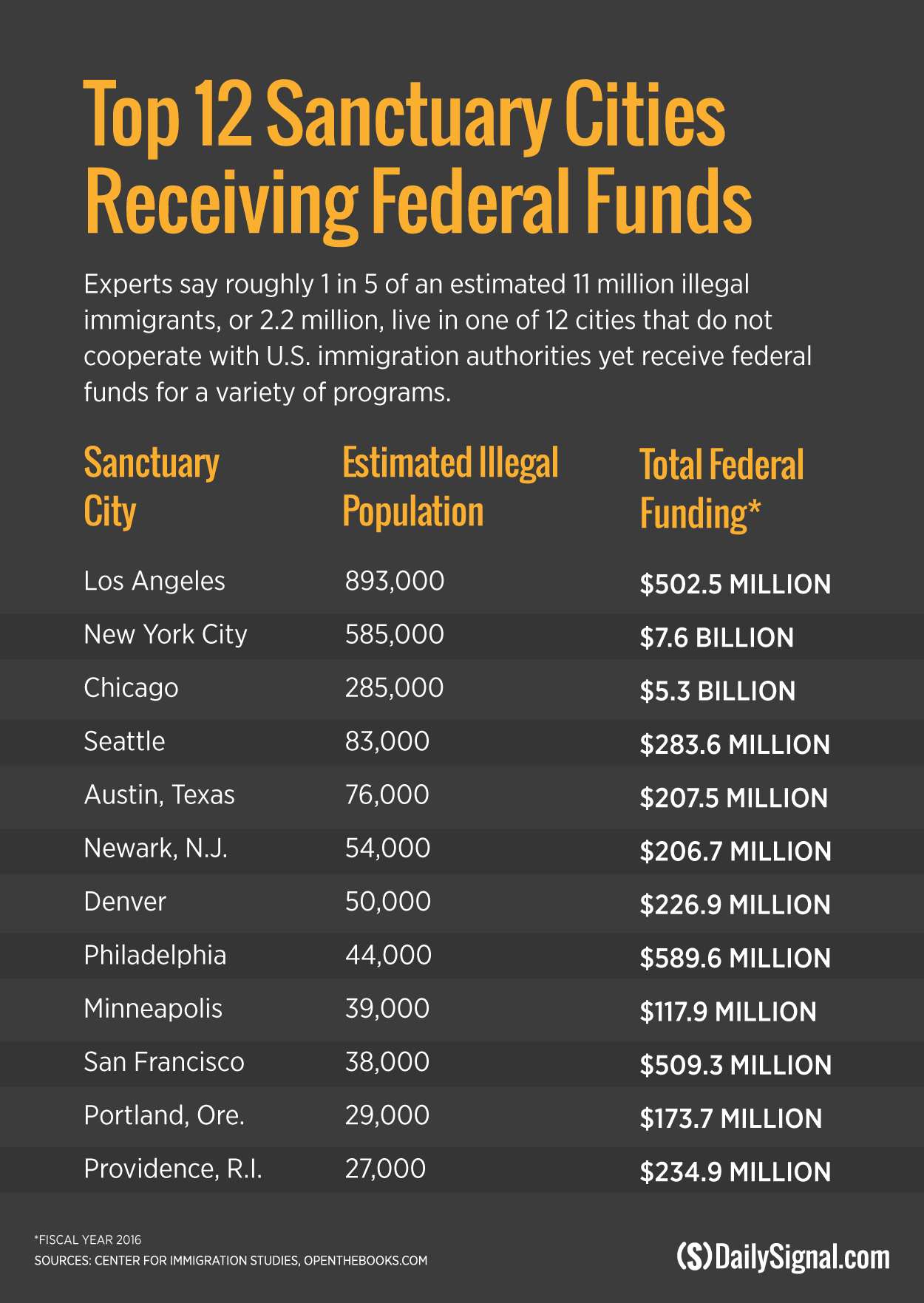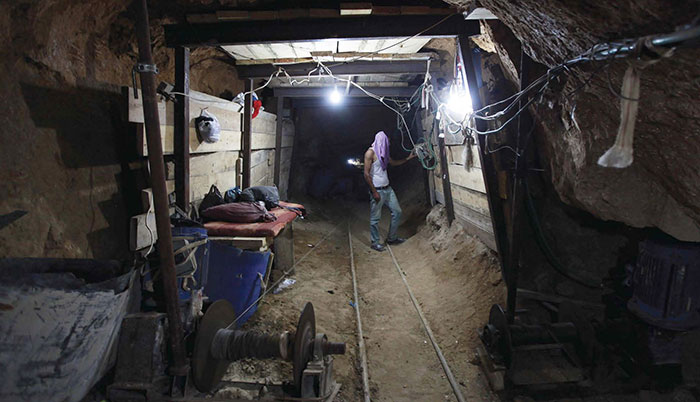Update: June 16, 2017, 1:07 pm, est. One of President Trump’s own lawyers, Michael Cohen has now hired a lawyer, Stephen M. Ryan. Cohen apparently has agreed to testify before the House Intelligence Committee on September 5. Additionally, Michael Caputo, the White House advisor hired by Paul Manafort has been contacted by the FBI and too has hired a lawyer, Dennis Vacco. Vacco is a former New York state attorney general. Vice President Pence has hired a Virginia attorney, Richard Cullen.
Don’t shoot the messenger, this is merely an attempt to further explain the expanded Special Counsel Robert Mueller investigation into President Trump and others on his team. There is a multi-track investigation that has been launched by the Mueller team in addition to a multi-track investigation being performed by the Senate Judiciary Committee, which does include Loretta Lynch.
This post is an attempt to offer information on the other moving parts for some additional clarity.
***
Emoluments Clause
No Title of Nobility shall be granted by the United States: And no Person holding any Office of Profit or Trust under them, shall, without the Consent of the Congress, accept of any present, Emolument, Office, or Title, of any kind whatever, from any King, Prince, or foreign State.
Article I, Section 9, Clause 8
***
almost 200 Democratic members of Congress to be filed against President Trump for violations of the “Foreign Emoluments Clause” of the Constitution. This is on top of another Emoluments Clause lawsuit brought by Maryland and D.C. earlier this week. The general theory is that under the Constitution, the President has an obligation to insulate himself from any foreign influence that would come in the shape of gifts or profits, and that the kinds of profits President Donald Trump receives through his international corporation are precisely the kind that violate such an obligation. In other words, presidents can’t take bribes, and doing business with foreign governments and large foreign companies is something of a bribe per se. Another similar case, CREW v. Donald J. Trump, was filed three days after the inauguration and is currently awaiting a response to Trump’s motion to dismiss in the Southern District of New York (that case is proceeding before Judge Ronnie Abrams, sister of LawNewz founder Dan Abrams).
***
The Hill reports in part that Mueller is investigating the finances and business dealings of Kushner as well as other Trump associates.Those being looked into include former national security adviser Michael Flynn, former campaign chairman Paul Manafort and Carter Page, another campaign adviser to Trump.
“We do not know what this report refers to,” Jamie Gorelick, Kushner’s lawyer, told the newspaper.
“It would be standard practice for the Special Counsel to examine financial records to look for anything related to Russia. Mr. Kushner previously volunteered to share with Congress what he knows about Russia-related matters. He will do the same if he is contacted in connection with any other inquiry.”
***
There is have significant pushback by the Trump White House and several outside advisors to Trump including Laura Ingraham, Sean Hannity, Newt Gingrich and recently hired by Trump, Jay Sekulow. All of these people are correct to earnestly object to continuing investigations with regard to the Russian election intrusion and Trump, at least it appears to be the case and former FBI Director James Comey noted several times.
However, the expanded track of the Mueller investigation team also goes to the financial realm which does include financial corruption, money laundering, public corruption, organized crime and violations of the False Claims Act.
Sounds creepy for sure. There is evidence in this area and the Mueller investigation is not exclusive to finding guilt, but also to eliminate guilt and intent. All investigations include those two conditions and it requires repeating. We cannot know in full what President Trump or those on his team fully revealed financially on paper which is required as a government employee and for security clearance purposes.
Those items are remain undisclosed at this time in open source, however in a classified or undisclosed condition, all financial traces are being requested, gathered and examined by experts.
It should be noted here that additional names could be added to the list under the expanded investigation.
Mueller was named to be special counsel by Deputy Attorney General Rod Rosenstein and Mueller has mobilized and interesting team so far. The backgrounds of the lawyers listed below provide an indication upon which Mueller is taking the investigation.
For your reference, they include:
Aaron Zebley, Former FBI assigned to global terrorism and cyber security
Steve Gaudin, Former FBI interrorgator and al Qaeda expert
James Quarles, Lawyer specializing in corporate and taxation law (Whitewater case)
Jeannine Rhee, Lawyer specializing in public corruption, criminal, securities enforcement
Andrew Weissmann, Former FBI and DOJ, criminal fraud division (Enron case)
Michael Dreeban, Former Solicitor General, criminal law
Lisa Page, FBI lawyer with organized crime, money laundering specialty, Russian/Soviet crime
*** Witness interviews have not begun and the time this article was published and Mueller’s office is located on D Street and has not been fully established. In full disclosure, three people on the Mueller team have previously donated to Democrats while one of the three also made donations to Republicans.
Lisa Page is of particular interest on this team due to her trial record which included on Semion Mogilevich. Several of Mogilevich’s associates own condos in Trump Tower in New York and the former felon and friend of Trump, Felix Sater was a Moglievich lieutenant. Additionally, Andrew Weissmann prosecuted several cases in US District Court in New York of mafia families and their infiltration of Wall Street.
For more details on those of the Mueller team, click here. Of note, this website has published more than one article regarding Felix Sater, Russian oligarch money laundering in the United States and Cyprus connections including documentation from the Panama Papers. The search feature is a useful tool to locate those articles.


.jpg)
 FoxLatino
FoxLatino
 NBC
NBC


